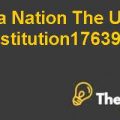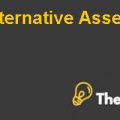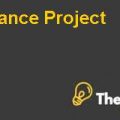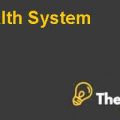Summary
The summary contains research and insights about the central issues underlying the Roadmap, which considers whether the convergence of reporting with IFRS in the U.S GAAP is a desirable goal and, if so, then what will be the best strategies for converging U.S. GAAP with IFRS.
There are material differences between U.S. GAAP and IFRS in terms of magnitude of differences in net income and stock- holder equity and in terms of conceptual issues, so the convergence of IFRS and U.S. GAAP will be in the best concern of U.S. firms in the long run because it will provide greater comparability and yields that are equal or of higher-quality standards. Further, it will also mitigate the information asymmetry and will provide necessary information for valuation.
Research had also suggested that investors prefer to invest in companies that use familiar standards. U.S. firms may took advantage from convergence of U.S. GAAP with IFRS because IFRS has been adopted by more than 100 countries, so the convergence would increase foreign investment in U.S. companies.
IFRS provides timely and more relevant information than other domestic standards, which will enhance the quality of financial reporting and will result in an increased liquidity in such markets. Further, analysis also suggests that the quality of financial reporting improves the adoption of IFRS, especially in countries where quality earnings are poor.
The convergence could be implemented either by adopting IFRS in U.S. firms or U.S. GAAP could also be made familiar to IFRS. If the board was considering to reconcile both the standards than initially, the board would be required to analyze the material difference in both standards and adopt strategies; which would harmonize both standards. Further, research also suggests that the difference between the IFRS and US GAAP could be high for companies that did not have incentives to minimize such differences.
Accounting professional showed their concern about the implementation of IFRS because they lack the knowledge of IFRS and they would be required to take some additional knowledge about the implementation of IFRS. Further, the adoption process is very burdensome, costly and complex, which would lack its implementation and would increase the volatility in earnings.........................
This is just a sample partial case solution. Please place the order on the website to order your own originally done case solution.













